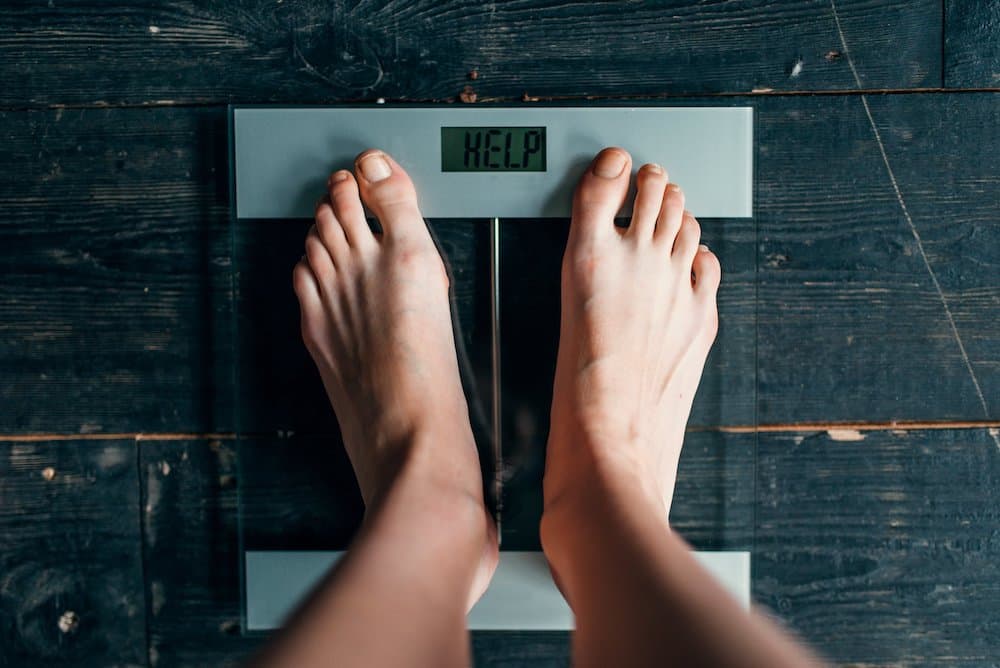We all want to be healthy and happy, and an important component of a happy, healthy life is balance. It’s easy for us to become overly focused on certain components of health like exercise, but it’s also important to protect mental and emotional health while striving for better physical health.
Possible Roadblocks to a Balanced Life
The first step in achieving a balanced life is examining your roadblocks. If you’re constantly feeling drained or tired, it’s possible that factors you might not even be aware of are taking away some of your energy and making your life balance more difficult. Such factors may include:
- Sugar consumption: Sugar provides quick energy, but can leave you feeling drained in a hurry.
- Excess caffeine: Caffeine can also cause a “tired and wired” feeling, which can interfere with a proper night’s sleep, among other things.
- Bad exercise habits: Both sides of the exercise spectrum can have an impact. Not exercising at all can make us naturally more sluggish and moody, but too much exercise also depletes energy reserves and makes us weaker over time. In some cases, it can also suppress the immune system and make us more vulnerable to injury.
- Dehydration: Water helps flush toxins, hydrate tissues and keep energy levels high.
- Lack of sleep: Lack of sleep, often caused by factors like stress, illness, noise, light, caffeine and alcohol, medications, depression or a packed schedule, can be damaging to a balanced life.
- Attitude: A bad attitude can lower energy, while a positive one can help boost it.
- Organization: Being disorganized can lead to feelings of lethargy and a lack of energy. Looking for misplaced items can be a physical drain.
- Food intake: Cutting calories can be good for weight loss, but cutting too many can leave you feeling drained of energy. Don’t wait too long between meals or severely restrict calories for long periods of time.
- Stress: Conflict and stress can quickly lower energy levels. Try stress coping mechanisms when possible.
- Poor self-esteem: Spending too much time worrying about what others think can zap the body of energy and make you feel powerless.
Time and Commitment
Having a truly balanced life means considering all of its aspects, from relationships and work to fitness, health, and emotional well-being. In many cases, creating balance is simply about finding the proper time and making a firm commitment. Consider this post for tactics to help you make time for healthy habits.
Happiness and Creativity
Being happy gives you a better outlook on life and makes you more prepared for the daily grind. Alternatively, stress can lower your enjoyment of life and impact your health. Combatting stress often means finding creative outlets, including:
- Make time for de-stressing each week, and each day.
- Get up a few minutes earlier in the morning to savor quiet time and perhaps a cup of coffee.
- Look for ways to make daily activities more fun or engaging.
- Devote time each week to a hobby—either one you already love or a new one you’re interested in learning.
- If you work a 9-5 job, spend lunch doing things you enjoy rather than just sitting at your desk.
- Laugh—laughing can lower stress, fight infection, boost brain health, lower blood pressure and make your mood better.
Exercise
Exercise also plays a big role in reducing stress, but it has to come organically. Forcing yourself into exercise you don’t enjoy will make you unlikely to stick with the program. Some motivators and time management tips for exercise include:
- Incorporate exercise into your weekend plans: Make a long workout part of your weekend, whether it’s hitting the gym or some other activity.
- Take advantage of your lunch hour: Another good use of your work lunch hour is to get in some quick exercise. An alternative here is waking up early to exercise before work.
- Schedule it: Scheduling exercise just like you would any other important task can help with commitment and sticking to a plan
Diet
A proper diet can lead to better health, energy and overall spirits. Healthy food can also taste great and be fun to learn about without taking up a ton of your time. Here are some areas to consider:
- Look around for heart-healthy recipes—the internet is often a great resource.
- Buy fresh fruits and vegetables that you can use as snacks on the go.
- Plan your menu a week in advance, and buy all the groceries you’ll need. This kind of system prevents harmful cravings
Your doctor can offer further recommendations on how to live a healthy, balanced life.
The staff at the Wellness Institute offers a variety of services including exercise and nutrition education. Our providers can help you increase productivity, improve general health and manage chronic conditions. We have a registered dietitian, physician and health education specialist on staff.
Sources:
“A Balanced Life.” WebMD. https://www.webmd.com/balance/guide/health-and-balance-life-out-of-balance
“How To Lead a Well-Balanced Life.” EverydayHealth.com. https://www.everydayhealth.com/healthy-living/how-to-live-a-well-balanced-life.aspx





